#augmented reality
-
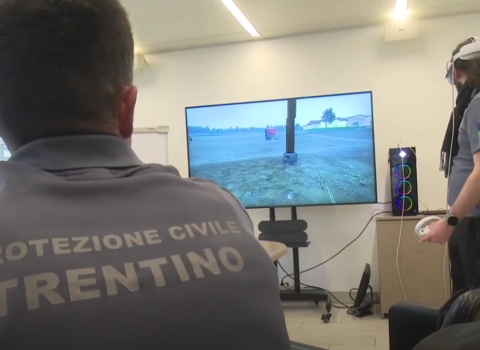 February 13, 2025Civil defense, operator training with virtual reality viewersAlbere and Vela neighborhoods hit by flooding: emergency management simulation teamed up with Austria and Portugal
February 13, 2025Civil defense, operator training with virtual reality viewersAlbere and Vela neighborhoods hit by flooding: emergency management simulation teamed up with Austria and Portugal -
 February 5, 2025AgRimate: the future of technological and innovative agricultural pruningFBK participates in the new European project for a more digital and sustainable agriculture
February 5, 2025AgRimate: the future of technological and innovative agricultural pruningFBK participates in the new European project for a more digital and sustainable agriculture -
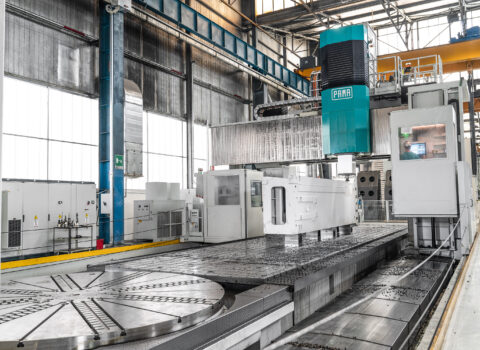 June 5, 2023The evolution of industrial maintenanceAs part of its collaboration with the Rovereto-based company PAMA, the Vision Technologies Research Unit at FBK's Digital Industry Center oversaw the development of computer vision modules for remote troubleshooting and industrial maintenance through an augmented reality-based application. The solution developed ensures data security, allows for user experience customization, enables predictive analytics, and facilitates the creation of maintenance ticket and intervention requests.
June 5, 2023The evolution of industrial maintenanceAs part of its collaboration with the Rovereto-based company PAMA, the Vision Technologies Research Unit at FBK's Digital Industry Center oversaw the development of computer vision modules for remote troubleshooting and industrial maintenance through an augmented reality-based application. The solution developed ensures data security, allows for user experience customization, enables predictive analytics, and facilitates the creation of maintenance ticket and intervention requests. -
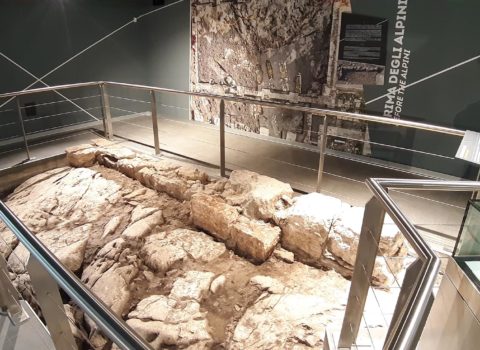 July 22, 2022AUGMENTED REALITY AT MUSEO DEGLI ALPINIThanks to technologies developed by FBK researchers, 3D models of several archaeological finds on Doss Trento can now be viewed by the public
July 22, 2022AUGMENTED REALITY AT MUSEO DEGLI ALPINIThanks to technologies developed by FBK researchers, 3D models of several archaeological finds on Doss Trento can now be viewed by the public -
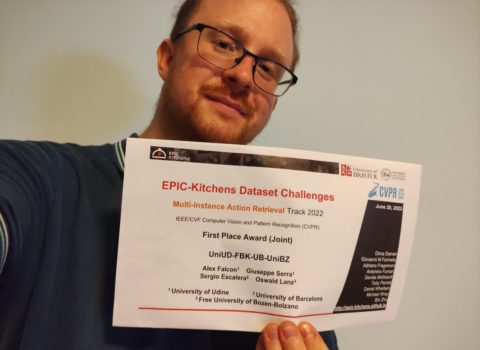 July 6, 2022An international recognition for semantic video understandingThe FBK TeV Unit made a significant contribution to the team that came in first in the EPIC-KITCHENS competition on egocentric vision.
July 6, 2022An international recognition for semantic video understandingThe FBK TeV Unit made a significant contribution to the team that came in first in the EPIC-KITCHENS competition on egocentric vision. -
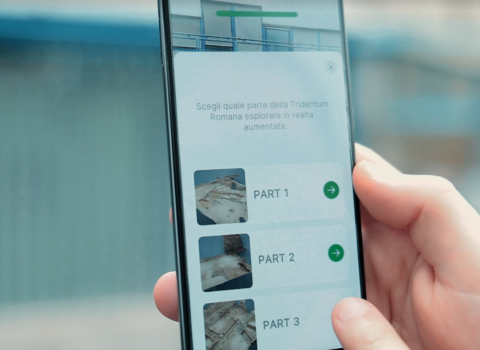
-
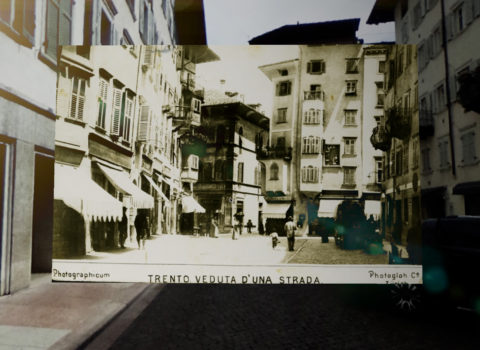 December 20, 2021So it was, if you likeTOTEM: A dip into the past through the eyes of the present and with the help of 3D
December 20, 2021So it was, if you likeTOTEM: A dip into the past through the eyes of the present and with the help of 3D -
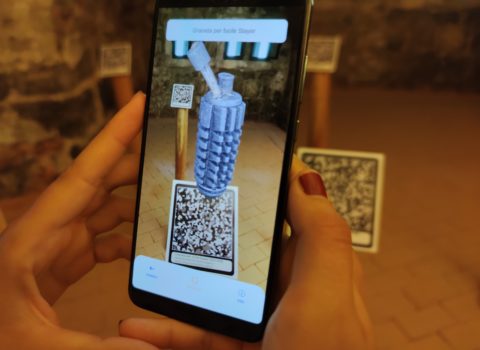 March 30, 2021PAST TO PRESENT: rediscovering history through augmented realityChiese Valley in Trentino combines tradition and innovation to rediscover the history of Fort Larino and the Great War
March 30, 2021PAST TO PRESENT: rediscovering history through augmented realityChiese Valley in Trentino combines tradition and innovation to rediscover the history of Fort Larino and the Great War -
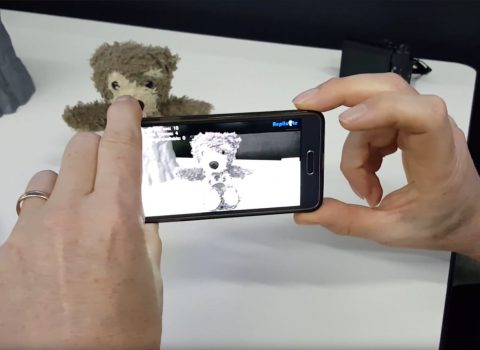 April 4, 2017Augmented reality: the “Replicate” and “Spark” projects at FBKWhat if we could simply pick up our cell phones, capture the interesting stuff around us and bring take it into our future 3D virtual lives? To find out more about it, we interviewed two experts in this kind of technology: Paul Chippendale, from FBK, and Gaetano Cascini, from the Polytechnic University of Milan.
April 4, 2017Augmented reality: the “Replicate” and “Spark” projects at FBKWhat if we could simply pick up our cell phones, capture the interesting stuff around us and bring take it into our future 3D virtual lives? To find out more about it, we interviewed two experts in this kind of technology: Paul Chippendale, from FBK, and Gaetano Cascini, from the Polytechnic University of Milan. -
January 4, 2016The Marr Prize goes to FBKThe Marr prize, awarded every two years to the best scientific article on artificial vision, was won in the last edition by Trento-based Fondazione Bruno Kessler for a study conducted in collaboration with Microsoft and Carnegie Mellon University.